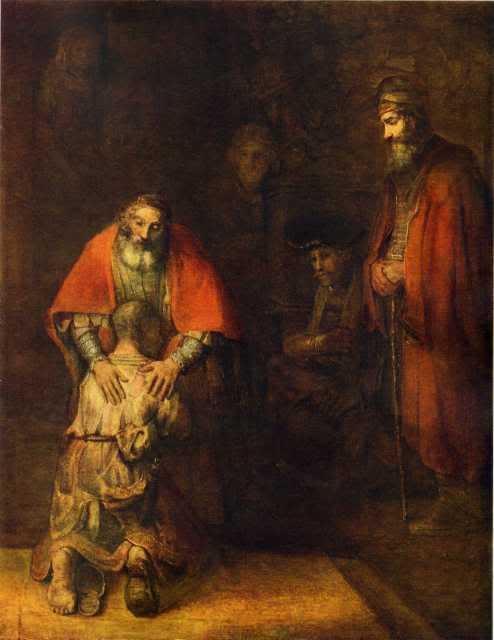I remember it like it was yesterday. Like it was right now.
It was late June, 2007. My dear friend Andrew Gradman, whom I cherish so deeply, who shares my birthday and, unfortunately, some of the struggles of my temperament, was visiting me in Germany. We left the little studio apartment I lived in for a year in Sachsenhausen, a neighborhood in Frankfurt, stopped at Documenta in Kassel (which I appreciated far more than Andrew), trained our way to Berlin. I don’t remember how we spent most of our time in Berlin, but clearly recall the evening where we wandered towards the east side, following the traces of the former wall, and, without purpose or plan, arrived at the KulturBrauerei, a former brewery now converted into an arts and events hall. It just so happened they were hosting the opening night of an international Poesiefestival there that evening. Andrew was kind enough to indulge my desire to buy tickets and check it out.
The room was full but not stuffy or crowded. Late arrivers, we sat very close to the first row. Andrew was antsy, as he didn’t speak German and wasn’t jazzed about the prospect of having German poetry wash over him for an hour or two. Empathic to a fault, I sensed and lived his alienation, but selfishly tolerated his discomfort as I was excited about the event. The experience was in keeping with those I’d had at the many Literaturhäuser (literally, literature houses) across Germany, small cultural centers that house live novel and poetry readings. While living in Frankfurt, I caught the last three readings of the last chapters in the last volume of Marcel Proust’s In Search of Lost Time: a man named Peter Heusch had taken 13 years (!!) to read the entire work aloud, in one-hour installments on Fridays at 6 or 7 pm.
The room hushed. The festival started. The MC said she was delighted and honor to introduce the first poet, a man named Derek Walcott, to the stage.
I’d never heard of Walcott, but quickly understood he was a big deal. Nobel prize and such.
He walked slowly to the podium and paused. Breathed in and out a few times. His demeanor, his entire being, exuded the same epic energy we read in his verse. Like the storyteller in Wenders’ Wings of Desire, his gestures and eyes relay the dead poets that girth his heart and his mind, Homer and Baudelaire and Yeats and everyone, just everyone, processed anew under the heavy anchor of honesty, of experience. He was old. He moved slowly with the poise of an oracle. He promised wisdom.
And then he read. He read the first book of The Prodigal, a long-form poem he first published in 2014. I don’t know how to adequately capture the emotions that swept over me listening to him read. All I can say is that, with each passing moment, my heart opened more. The alienation and discomfort passed. It was pure presence. This man, with his old skin and his oracular voice, relived the experiences he’d had as a young, erudite Caribbean man-or even as a old, erudite Caribbean man, the self of today telescoped through the self of yesterday-living in Boston, a Brahmin in nature and soul, just living in a body that looked different from everyone around him. A young man riding on the train up the northeastern corridor, watching the herons and grasses graze the shore, as past voices, echoes of Emerson and Thoreau, rose again into the thirst of his curiosity. I heard and saw myself, and reveled at the deep kinship that existed between me, a 23-year-old white girl, and him, a 77-year-old black man. I felt fused with him. I felt love. I felt such deep wonder and gratitude that chance had brought us there that evening. I don’t remember The Prodigal in detail, but a few scenes have been grafted into my mind. By now, I’ve given it as a Christmas gift to my mom and many dear friends. What I recall acutely is the depth, intensity, purity of the emotions I felt when he read. Derek Walcott gave me art.
He died old and, it appears, lived well. He was a magnificent poet. I heard Love After Love on NPR this morning, and, as always with Walcott, broke into tears. He captures the cadence of a self grateful for being, a self finally settling into love. A beauty always available to us all.
Love After Love
The time will come
when, with elation
you will greet yourself arriving
at your own door, in your own mirror
and each will smile at the other’s welcome,
and say, sit here. Eat.
You will love again the stranger who was your self.
Give wine. Give bread. Give back your heart
to itself, to the stranger who has loved you
all your life, whom you ignored
for another, who knows you by heart.
Take down the love letters from the bookshelf,
the photographs, the desperate notes,
peel your own image from the mirror.
Sit. Feast on your life.
The image is Rembrandt’s Prodigal Son, which I also fortuitously found in the Hermitage in Saint Petersburg. As with Walcott, I didn’t know this painting existed before it found me. I didn’t seek it out as a coveted must see tourist experience. It wasn’t the Mona Lisa at the Louvre. It was a freezing February morning, I wandered the Hermitage all alone, and, upon turning a corner, saw this painting. I froze in my tracks and started to cry. Never had I seen contrition and forgiveness and unconditional love so delicately represented, the one foot without a shoe, the curling toes, the father’s ease after all those years of worry and fear, and the jealous, resentful gaze of the good son standing tall and ominous, watching.
